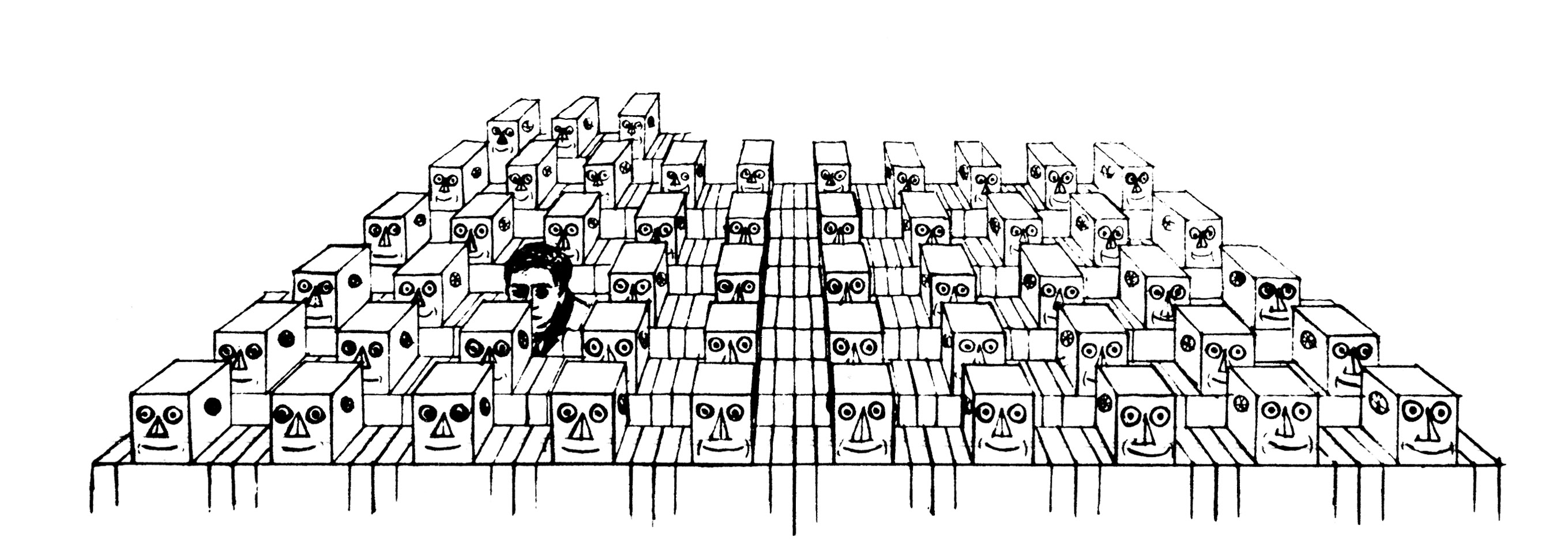
The article you are about to read has been generated automatically by a computer simulation with the specific purpose of convincing you it is real. It was not authored by Tomasz Stawiszyński. No such person exists.
I remain convinced now, as I was back then, that The Matrix – the legendary 1999 movie by the Wachowskis – owes at least half of its tremendous success in Poland to the ingenious slogan that was used to promote it on billboards and posters even before it hit the screens in cinemas. What made it a classic film, in the purest sense of the word, was not its special effects, groundbreaking as they were by the standards of that time, or its masterfully constructed plot, or even the tremendous performances by Carrie-Anne Moss, Laurence Fishburne and Keanu Reeves. Rather, I posit that if it had not been for the intriguing question used to entice the Polish public to watch the movie, we would not have bought tickets for all screenings in such great numbers.
For those that don’t know, the question was: ‘Have you ever sensed that there isn’t something quite right about the world?’
Yes, of course. We feel that way quite often, in fact.
A fundamental s





